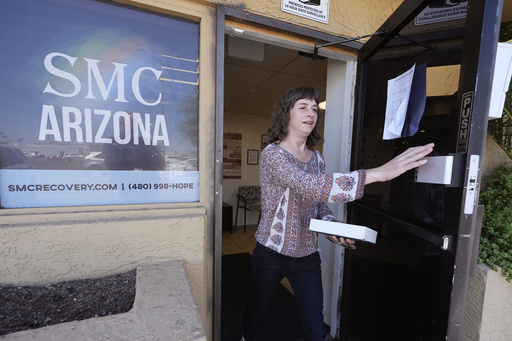The United States is set to implement the first significant update to methadone regulations in two decades, opening up access to the essential drug. Previously, strict guidelines required patients to visit specialized clinics daily for their dose of the medication under supervision. However, the rules have been relaxed due to the COVID-19 pandemic, allowing patients to take methadone at home unsupervised.
Studies have shown that this more flexible approach is safe and beneficial, leading to a permanent change in regulations earlier this year. As of October 2, clinics are expected to comply with the new rules, unless their state imposes more stringent regulations.
States like Alabama are planning to align with the updated regulations, recognizing the importance of improving access to methadone for individuals with opioid use disorder. The federal changes allow stable patients to receive up to 28 days’ worth of methadone for home use.
While some states like Colorado, New York, and Massachusetts are adapting their rules to the new flexibility, others, including West Virginia and Tennessee, have not made similar adjustments. The disparities in state regulations demonstrate the impact of location on access to treatment.
The new rules aim to make methadone treatment more patient-centered, with clinics having more discretion in determining eligibility for take-home doses. However, financial considerations may influence these decisions, as payment policies can affect the incentive for in-person dosing versus take-home treatment.
Longtime methadone patients advocate for further changes in regulations to increase access to care, including allowing addiction specialists to prescribe methadone and pharmacies to dispense it. The revised federal rules also streamline the treatment process, making counseling optional and utilizing telehealth for assessments.
States play a crucial role in implementing these changes to enhance access to methadone treatment, ensuring that individuals with opioid addiction can receive the necessary care. This shift towards a more patient-centered approach may present challenges for some clinics accustomed to strict regulations but ultimately aims to prioritize the well-being of patients in their care.


